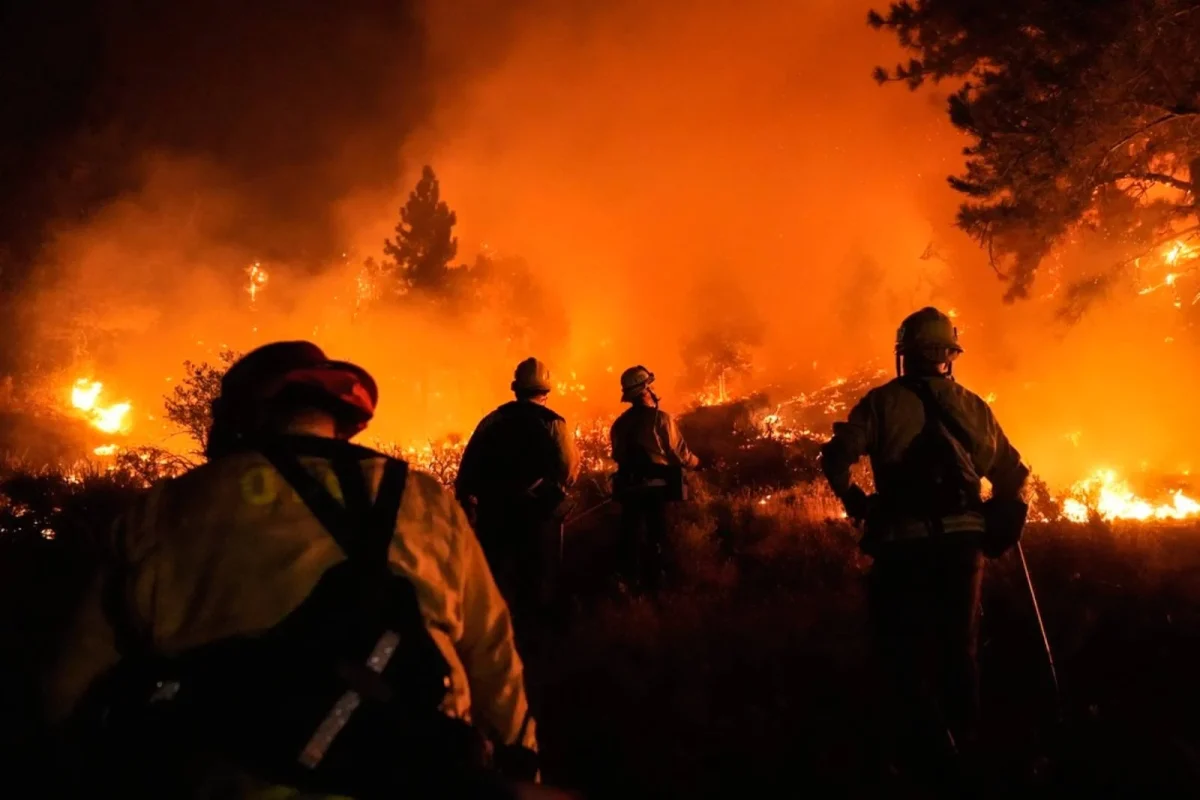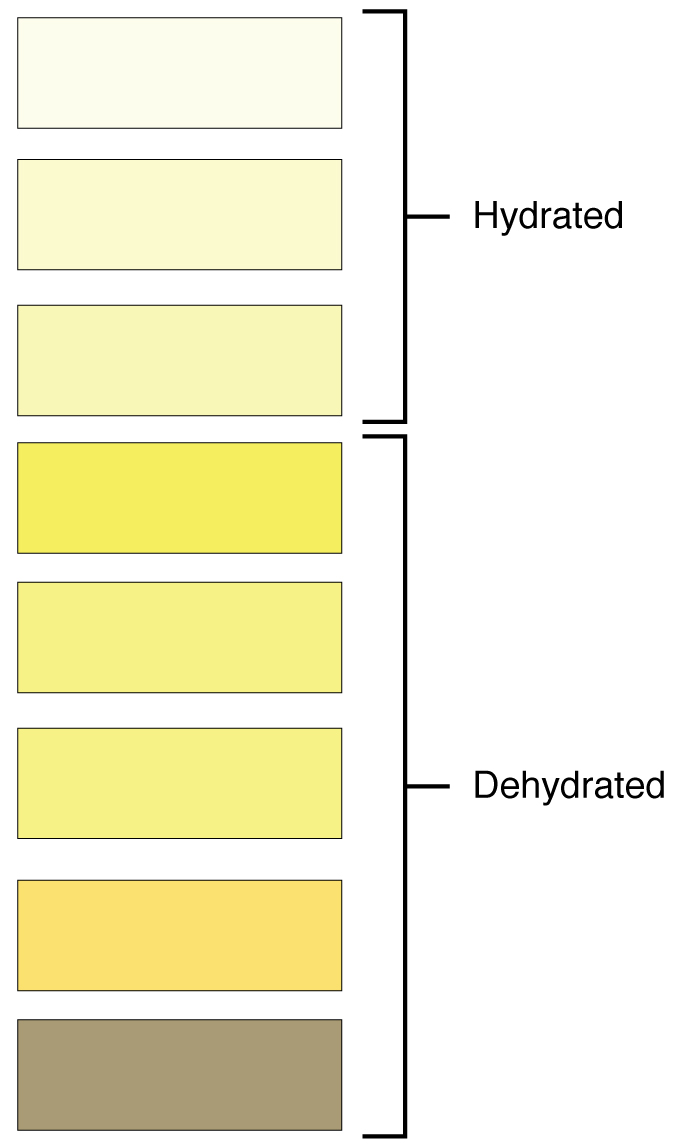With the New Year comes a fresh start, and what makes this one particularly special is the welcoming of the latest generation! 2025 marks the beginning of Generation Beta, and all babies born from this year to 2039 will fall under this generation. The name comes from the Greek letter “beta,” which follows the “alpha” in Generation Alpha.
Generations typically span 20-30 year periods in which children are born and grow to adulthood collectively, according to the American Marketing Association. They are also largely predicated on societal events, such as the “baby boom” after WWII, leading to the aptly named Baby Boomers. Surprisingly, the entire concept of generations is a relatively new creation, dating back only about a century, with the Lost Generation in the 1920s.
What’s even more intriguing is the fact that there isn’t any official organization that dictates the years a generation spans or even its name; instead, it’s usually determined by common consensus. Thus, generations aren’t exactly the most reliable way to assess different age demographics, but they serve their purpose as a distinction between them.
Each generation has its own problems and historical developments that influence their lives. For Gen Beta, technology is likely the biggest factor shaping their lives as it evolves over the coming decades, according to USA Today. As stated by McCrindle, Gen Beta will be raised by a combination of younger millennials (Gen Y) and older Gen Zers, which will play an interesting role in their development. McCrindle suggests that Gen Z is more likely to limit screen time compared to millennials, with 36% of Gen Z parents considering it a “high priority” versus only 30% of millennial parents. Gen Z, being the more tech-savvy generation, is reasonably more apprehensive about their children’s exposure to the internet.
Yet another problem Gen Beta faces is the climate crisis. As the new generation arrives, the burden of climate issues falls into its lap. “This is the generation of children who will be disproportionately affected by climate change and extreme weather events,” said Kate Choi, a sociology professor at Western University, to CBC. Michael Haan, a demographer at Western University, also speaking to CBC, expressed his faith in Gen Beta’s ability to help circumvent these problems, especially with trends such as smaller homes leading to a reduced environmental footprint.
Every generation has its strengths and weaknesses, and Gen Beta is no different. It will have to find a way to address climate change and grow up in a world dominated by rapidly advancing technology, where its attention has become capital. And so, as Gen Alpha passes the torch to the new youngest generation, it has come time to reflect on the world we have left this next generation to inhabit. Did we leave it better or worse, and if the latter, will Gen Beta be able to salvage it? Only time will tell.


































































































































